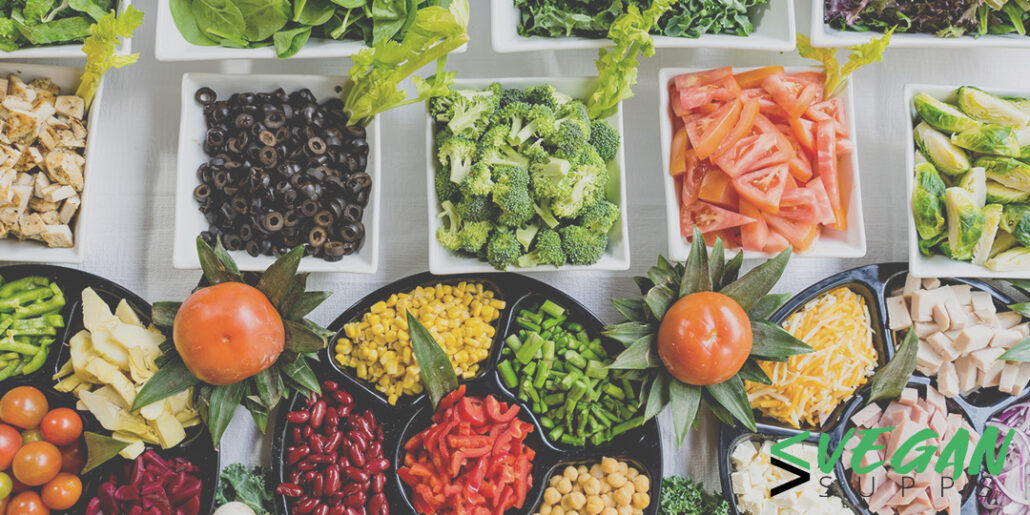Blog
Facts and fables about veganism
Pff, how many claims are made about veganism. The statements about the pros and cons are far from always true. Below are a few fables and facts about veganism. Which one surprised you the most?
Myth: 'You won't get vitamins and minerals'
You can also get the necessary vitamins and minerals as a vegan; so this is a myth. Many vitamins and minerals are found in fruit and vegetables. Whatever your lifestyle, everyone (hopefully) eats fruit and vegetables. In addition, apart from meat and fish, iron is also found in cashews, spinach and wholemeal bread. As a vegan, you don't have to worry about getting calcium either; you'll find it in legumes, plant-based milk and nuts.
Fact: 'You're not getting enough vitamin B12'
One vitamin you do really get too little of as a vegan is vitamin B12. This vitamin is mainly found in animal products and you will therefore miss it in your diet. The vitamin is important for your metabolism and production of red blood cells. We therefore recommend taking the supplement Vegan Vitamin B12 of The Protein Works to prevent its deficiency.
Myth: 'You're not getting enough protein'
If you are vegan, you don't eat meat, fish and dairy. Because you often get your protein from these products, it is thought that you therefore get too little protein. This is a myth, because you can also get protein from other products. Think wholemeal bread, grain products, legumes and nuts. For even more protein, you can also incorporate protein powders into your daily diet. In our webshop, you can find different protein powders with enough protein and tasty flavours. So you don't have to worry about not enough protein as a vegan. Find out more about nutrients in our blog.
Fact: 'You get fewer calories'
It is true that you take in fewer calories if you follow a vegan diet than someone who does not. This is also a reason why some people go vegan. You tend to eat more vegetables and other products that are low in calories. Despite that, you can still eat quite a lot of calories in a day because there are many vegan product substitutes nowadays. For example, vegan Ben & Jerry's ice cream still contains 230 calories per serving. Also read all about the facts and fables about losing weight.
Myth: 'Veganism is bad for the environment'
It is generally known that dairy and meat emissions are worse for the environment than plant-based products. So even if vegan products were bad for the environment, they are still better than animal products. That aside, if you only start eating tropical fruits and avocados, you're not doing a very good job either, as the produce then has to be transported from very far away. If you eat mostly locally produced products as a vegan, you are actually helping the environment. It's up to you, but overall veganism is certainly not bad for the environment.

